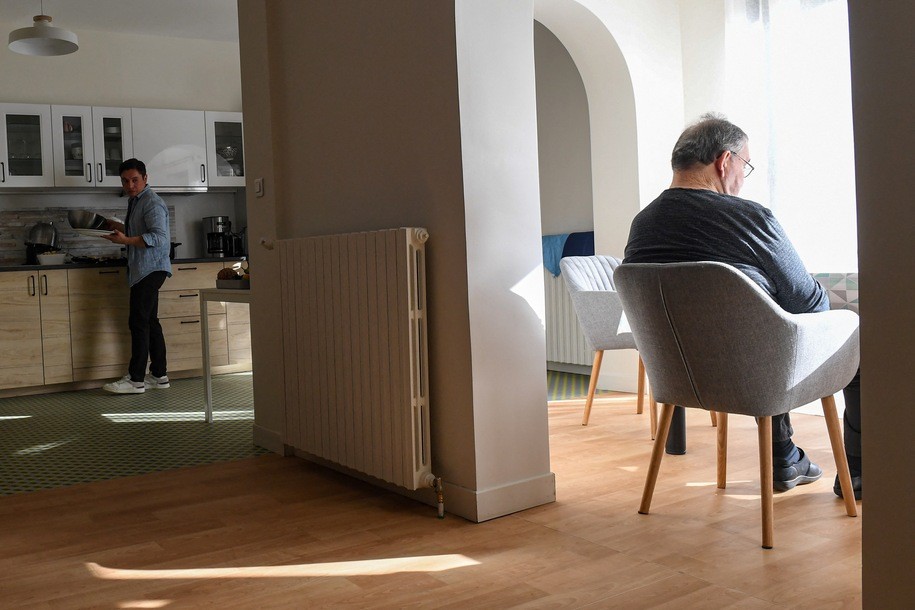- Dec 11, 1999
- 16,234
- 3,818
- 75

Two decades of Alzheimer's research may be based on deliberate fraud that has cost millions of lives
Last month, drug company Genentech reported on the first clinical trials of the drug crenezumab, a drug targeting amyloid proteins that form sticky plaques in the brains of Alzheimer’s disease patients. The drug had been particularly effective in...
www.dailykos.com
How much Folding@Home Alzheimer's work was wasted? I don't know, but I suspect it's a significant amount. Maybe all of it.
Alzheimer’s Disease (AD) is caused by the aggregation of relatively small (42 amino acid) proteins, called Abeta peptides.
That's from the F@H website, and I think that's the same substance that was fraudulently implicated in the disease.


